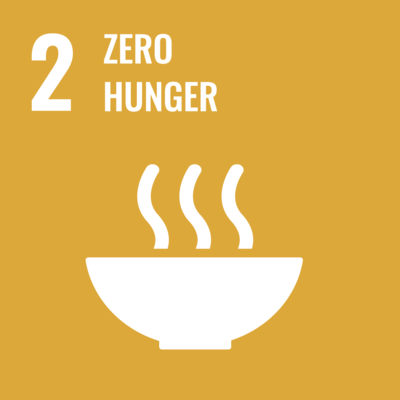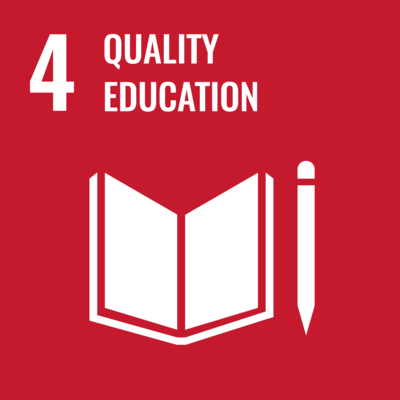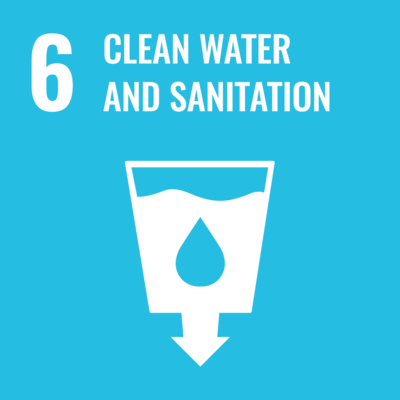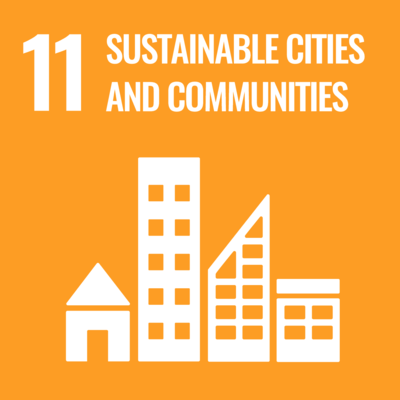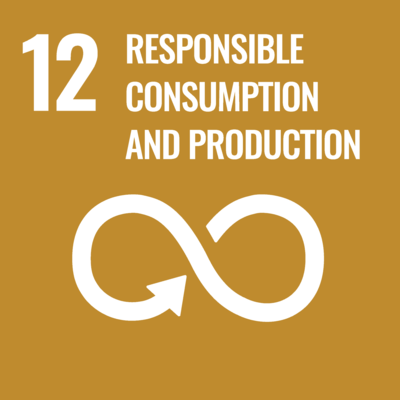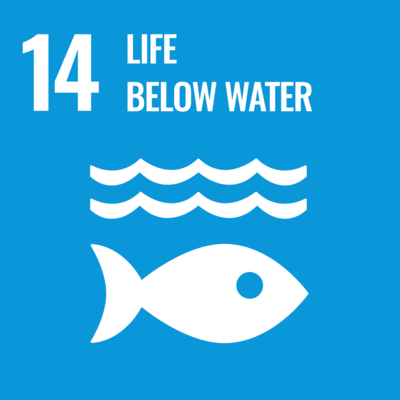SDG 2.5.4 Sustainable food purchases
NCUE has always given priority to purchasing products from local, sustainable sources. For example, the cafeterias preferentially purchase seasonal and local products to reduce long-distance transport’s food miles and carbon emissions. Purchasing locally also stimulates local consumption and ensures ingredient control so cafeteria diners can feel at ease knowing that their food is fresh, safe, and healthy. Please refer to Figure 1 for the annual inspection by the Ministry of Education. The relevant implemented strategies are as follows:
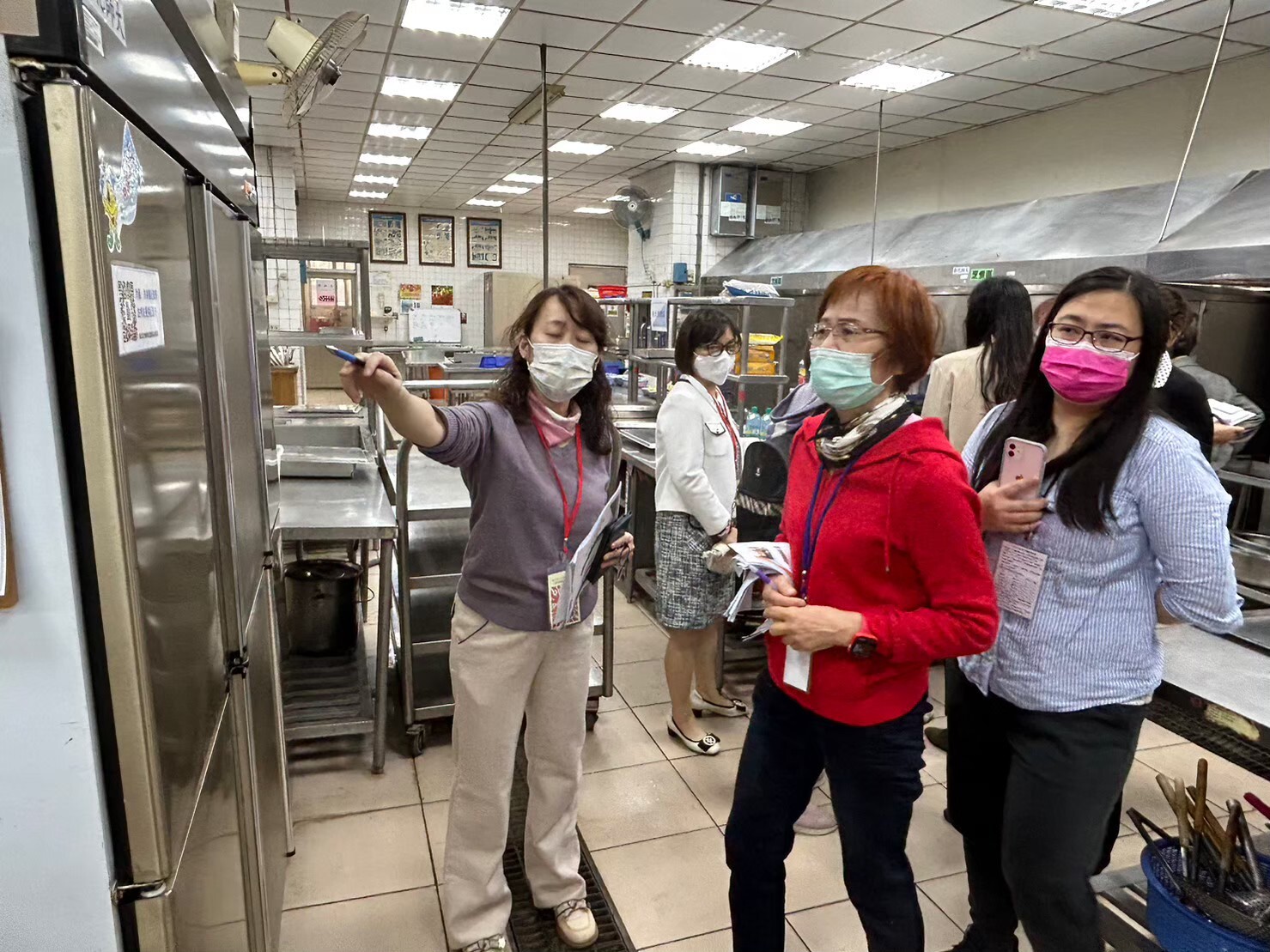
Figure 1: The Ministry of Education Annual conducts on-site guidance on catering and hygiene
1. NCUE upholds two basic principles when purchasing ingredients:
(1) Giving priority to seasonal ingredients.
(2) Giving priority to local ingredients, which supports local produces and reduces the ingredients’ carbon footprint by shortening the food miles to reduce energy consumption.
2. Following a three-level management mechanism for campus food safety and hygiene, NCUE cooperates with the Ministry of Education to conduct on-site guidance every academic year. NCUE’s food management committee handles cross-department coordination with the Ministry of Education, appointing nurses to serve as hygiene supervisors who inspect the catering places weekly.
3. NCUE encourages the school cafeterias maintain tight control over the ingredients through the following principles:
(1) Give priority to labeled, traceable ingredients,

Figure 2: Using local eggs as ingredients
(2) Test the ingredients used in the cafeterias, following the guidelines on the monitoring website for pesticide residues in agricultural products. The Food and Drug Administration, Ministry of Health and Welfare, offers this public website to help ensure the safety of fresh fruits and vegetables.
(3) Disclose the ingredient information daily on the Ministry of Education’s ingredient source database for campuses.
Annexes:
Minutes of the Food Management Committee for semester one of the 2023 academic year:
https://apss.ncue.edu.tw/odedi/doc_page.php?id=./51/65-5-1140
For the monitoring website for pesticide residue in agricultural products, visit this website:
https://www.fda.gov.tw/TC/site.aspx?sid=2428&r=1485767145
For the Ministry of Education’s ingredient source database for campuses, visit this website:
https://fatraceschool.k12ea.gov.tw/frontend/


